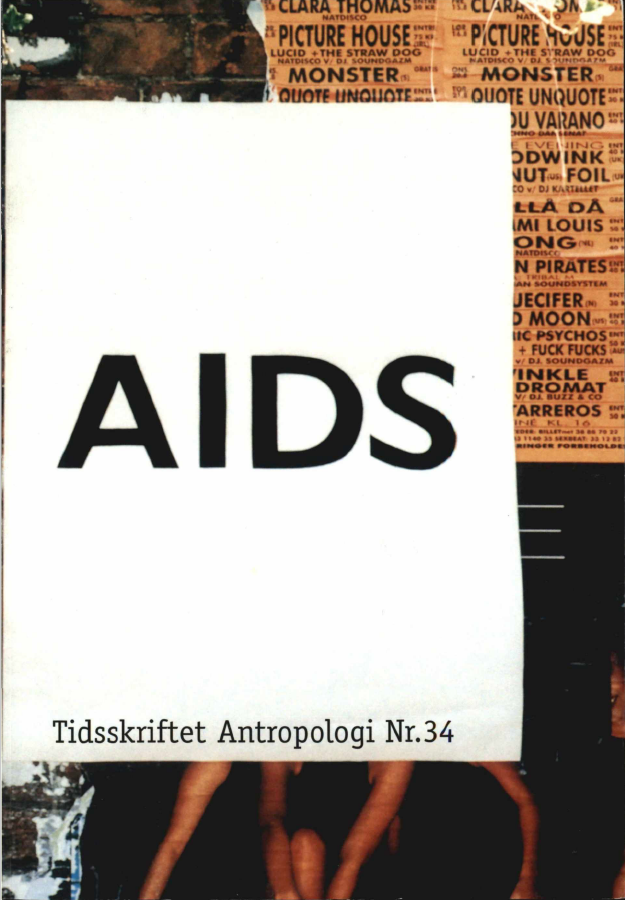STIGMA-STATISTIK: Når dagsordener sættes i dansk aids-politik
DOI:
https://doi.org/10.7146/ta.v0i34.115308Abstract
Jens Seeberg: Stigma Statistics: Agendas
in the Making in Danish AIDS Policy
This article explores a number of paradoxes
and assumptions in the public debate on
AIDS in Denmark. They form part of a
recurrent attack on the Danish ‘soft line’
AIDS policy that maintains anonymity and
voluntary HIV-testing. One central issue in
recent years has been obligatory testing of
asylum seekers from high risk areas as a
precondition for considering the asylum
request. Especially asylum seekers from
African countries are pointed out as constituting
a major threat to the native Danish
population in terms of spread of HIV. This is
shown to rest on a misreading of the official
statistics, repeated as often as the statistics
themselves. The assumption that there is a
basic clash between the human rights of the
HIV-infected person and the population in
general is discussed. This conceived clash
rests on the assumption that restrictions of
the human rights of the HIV-infected person
will provide efficient protection for the noninfected
majority. The potential counterproductive
effects of this line of thought are
discussed. Contact tracing is sometimes
considered as an effective preventive
measure. Part of the critique of the present
AIDS policy States that contact tracing is
virtually non-existing and that this has a
major negative impact on the preventive
efforts. It is argued that while the impact of
contact tracing in itself may be rather
limited, the lack of contact tracing may be
seen as a symptom of insufficient counselling.
While obligatory HIV testing may
never be practiced in Denmark, its recurrent
appearance on the agenda serves to provoke
a defensive stand among AIDS policy
makers. It is argued that this debate has
hitherto had the effect of keeping the needs
of HIV-infected people - and especially
HIV-infected immigrants — away from
public debate and serious concern.
Downloads
Published
How to Cite
Issue
Section
License
Ophavsretten til artiklerne i Tidsskriftet Antropologi tilfalder forfatteren.
Artikler publiceret i Tidsskriftet Antropologi må citeres, downloades og videresendes for ikke-kommerciel brug, under forudsætning af normal akademisk reference til forfatter(e) samt tidsskrift, årgang, nummer og sider. Artiklerne må kun genudgives med eksplicit tilladelse fra forfatter(e) og tidsskriftet.


